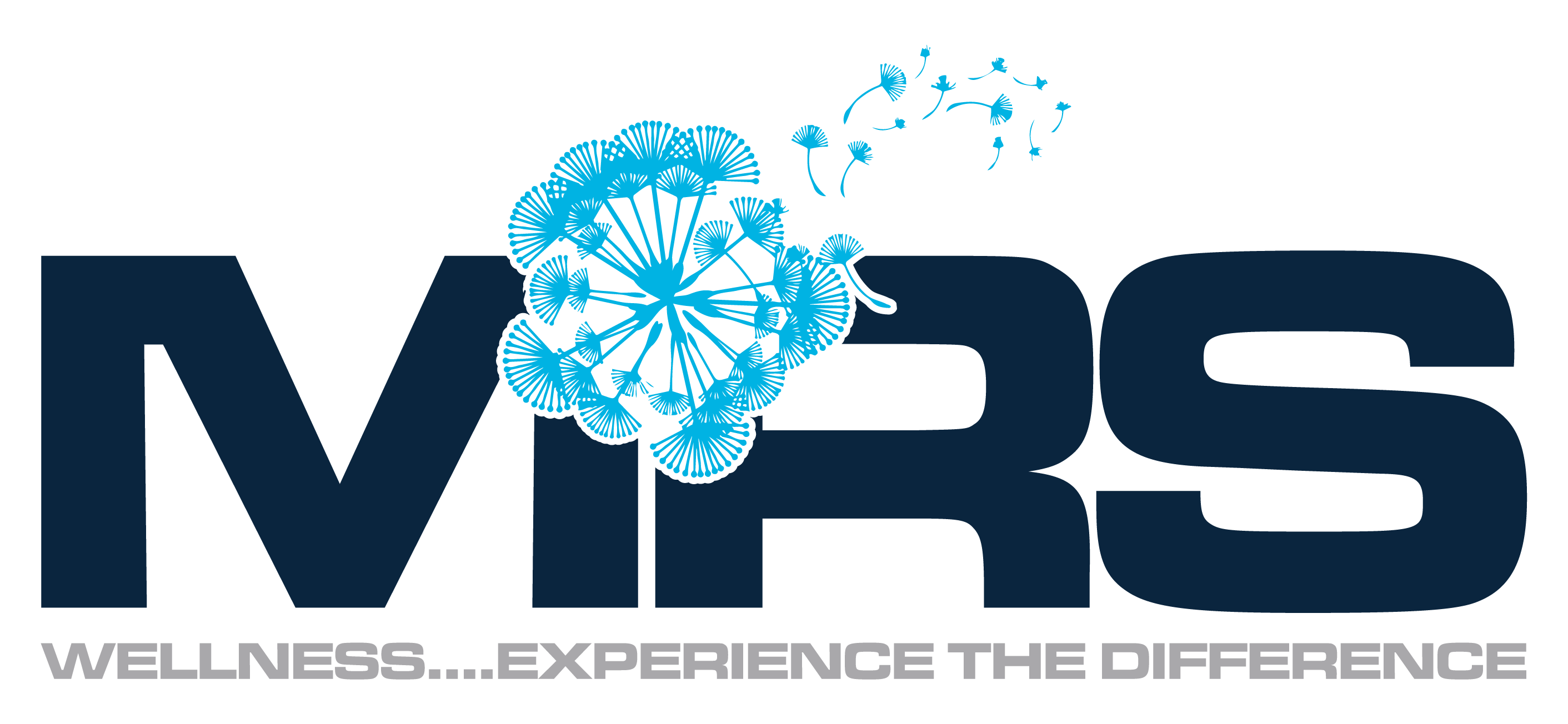An allergy program improves eye diagnosis and treatment while expanding your patient base.
By: MRS Allergy Medical Director Dean C. Mitchell, MD, Board Certified Immunologist and author of Allergy & Asthma Solution
A few years ago, an ophthalmology colleague in my area of practice of New York City approached me and asked if I could train her to do allergy testing and treatment in her office. She was a corneal specialist and had a busy practice, but she mentioned she saw lots of young women with dry eyes (sicca syndrome) and felt they needed an allergy assessment. She heard that there had been advances in allergy testing and in treatment and that it was less complicated than before. She was right: allergy testing is much simpler than the days when I trained 30 years ago using intradermal skin tests for all the allergens. Today, a simple, percutaneous prick test does multiple allergens (8) at a time without a scratch- literally. In addition, she had read my book, The Allergy and Asthma Solution which discussed the new concept at the time of using sublingual allergy drops instead of injections for allergen desensitization.
Ophthalmologists see lots of patients with allergic conjunctivitis and blepharitis during the pollen seasons, but then tend to forget about them. Typically, you will prescribe an antihistamine eye drop to relieve symptoms and an antihistamine as well. The ophthalmic eye solutions work great, but the pain for the patient is at the pharmacy- I know, because I use to get the screaming calls from the patient that the “little bottle” of eye drops cost almost two hundred dollars! They wanted to know can’t they just use Visine- I said absolutely not! There is nothing worse than getting hooked on a decongestant eye drop and having chronic red eyes; I had one patient that his employer thought he was always on drugs. Also, antihistamines have the negative effect of drying out the eyes and exacerbate especially those women with dry eyes.
One of the most respected ophthalmologists that has done extensive allergy research is Dr. Mark Abelson at Harvard. He was one of the original eye researchers that studied conjunctival challenges with environmental allergens. Dr. Abelson did classic work revealing the allergic inflammation that occurs in response to allergens and was usually one of the lead researchers in bringing to market new allergy eye drops. Now, while the conjunctival challenge might be very accurate to assess allergies- it is also quite uncomfortable. The eyelid chamber is self-contained closed space and when it reacts to an allergen it is very uncomfortable; the skin testing in comparison may itch for an hour but then goes down nicely.
Ophthalmologists in the past didn’t usually refer to allergists a whole lot in my experience- I guess they had their concerns about subcutaneous allergy immunotherapy. But today with sublingual allergy immunotherapy-allergy drops- so safe and convenient, I believe they can offer their patients an immune modulating agent that will give their patients long lasting protection.
